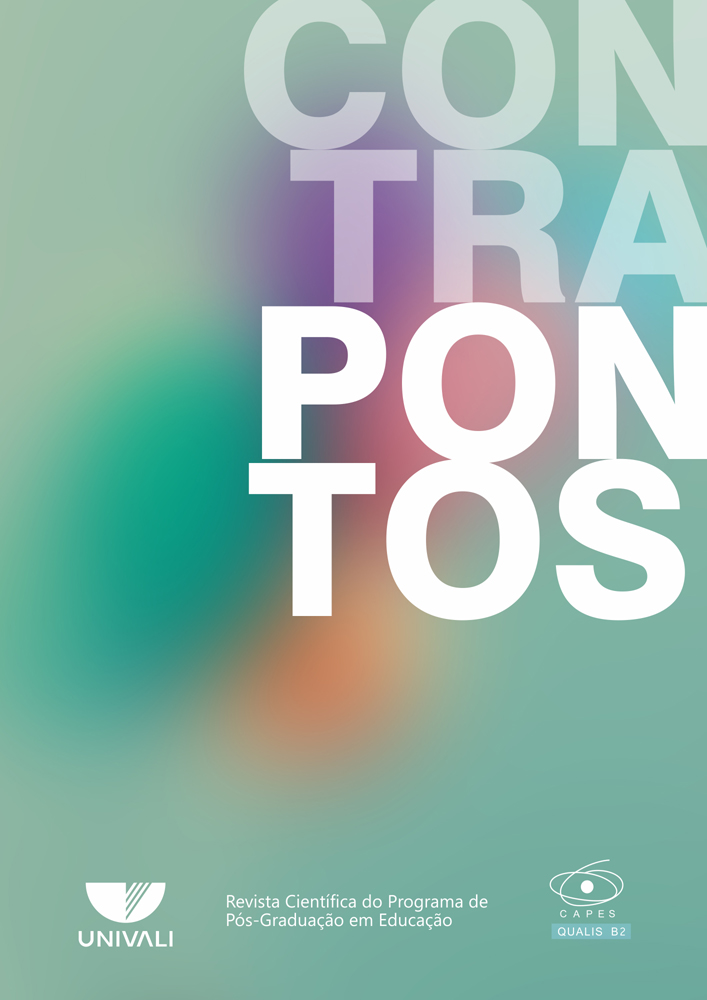
This article addresses partial data from a study currently underway at the NEPPE/UFPEL, which aims to analyze the possible effects of public-private partnerships (PPP) in public education systems in the State of Rio Grande do Sul. It analyzes the concepts of New Public Management (NPM) and Governance, as these are seen as central to understanding the scenario in which PPP and networks in education policies are established and proliferated. This research uses the qualitative approach and Stephen Ball’s (2014) network ethnography method for the data collection. Initially, a mapping was carried out of private institutions that regularly work in the public systems. Based on this survey, five institutions were identified: Instituto Ayrton Senna Institute (IAS), Instituto Natura (Natura Institute), Sistema de Crédito Cooperativo (SICREDI) (Cooperative Credit System), the Brazilian Tobacco Growers’ Association (AFUBRA), and the National Federation of Athletic Associations of Banco do Brazil (FENABB). Next, the main partners of each entity were localized, adapting the network properties, suggested by Tichy et al. (1979), and cited by Lopes and Baldi (2009), seeking to contemplate the diversity of spheres in these relationships and the nature of the connections, observing questions of content, intensity, reciprocity, clarity, multiplicity; and structural characteristics such as size, density, clustering and centrality. The analysis of the entities and their networks enabled us to identify the relationships between the partners, and to visualize some similarities in the proposals of each of these entities, that operate in the public education of the State of Rio Grande do Sul.





